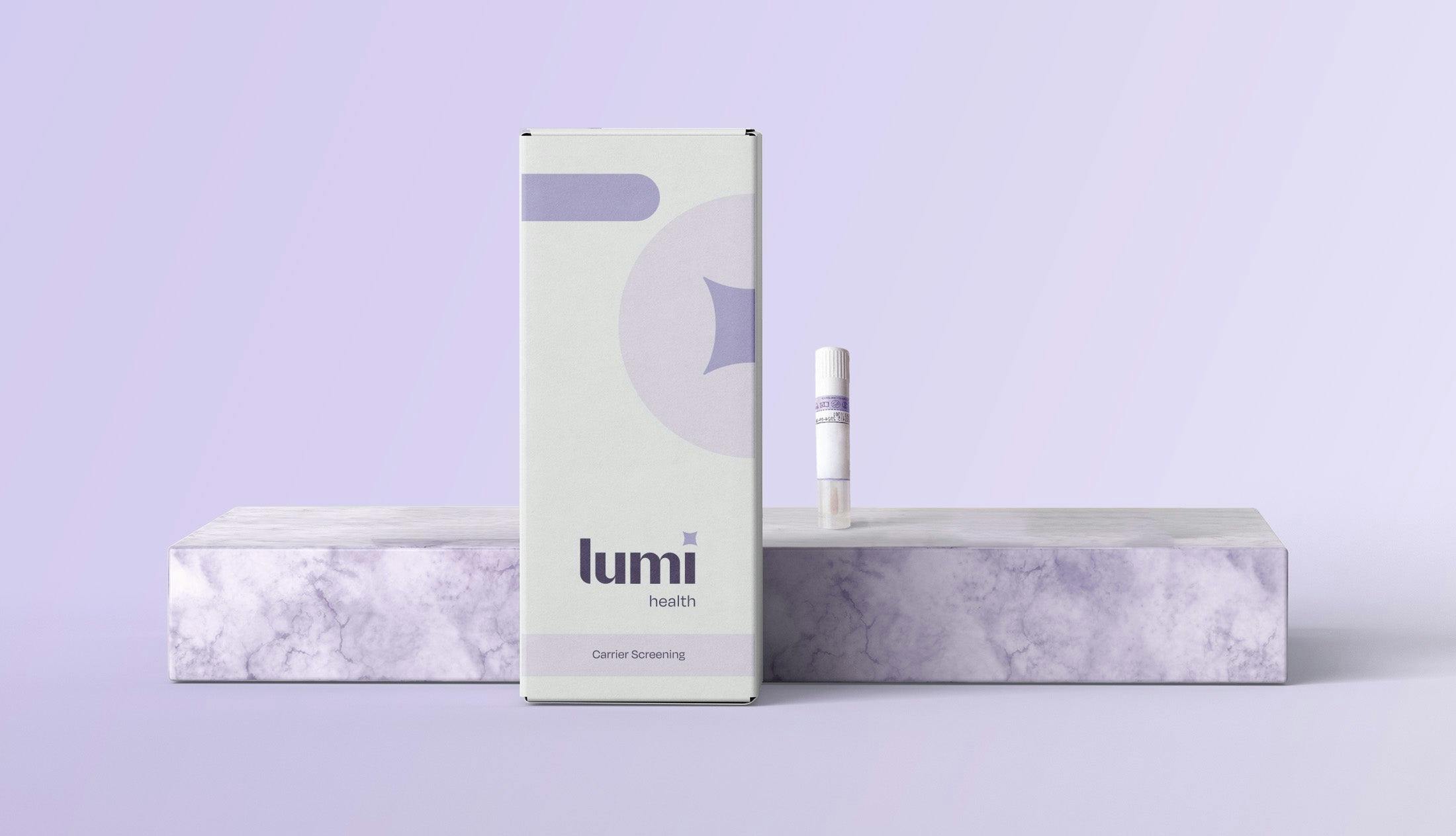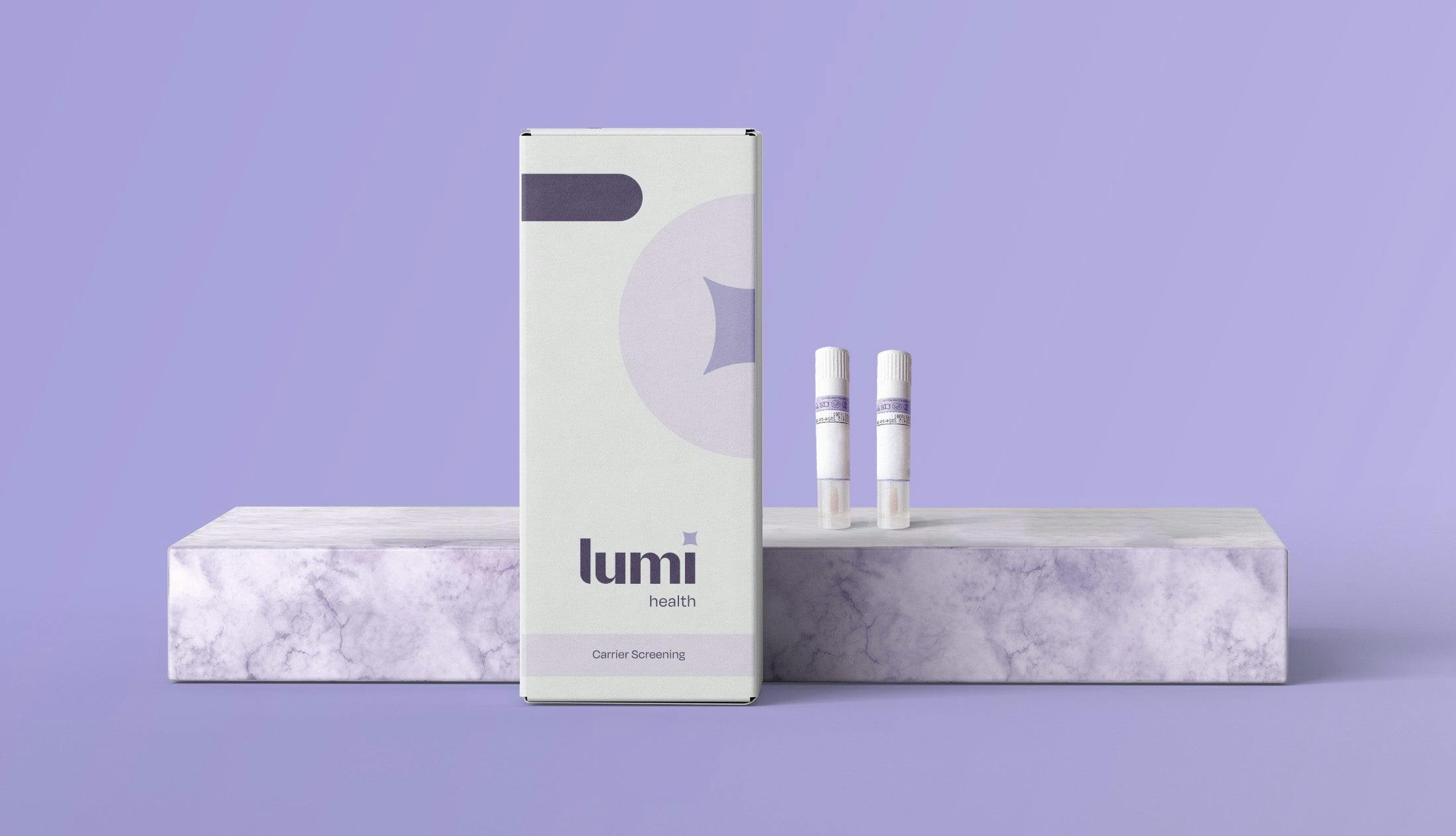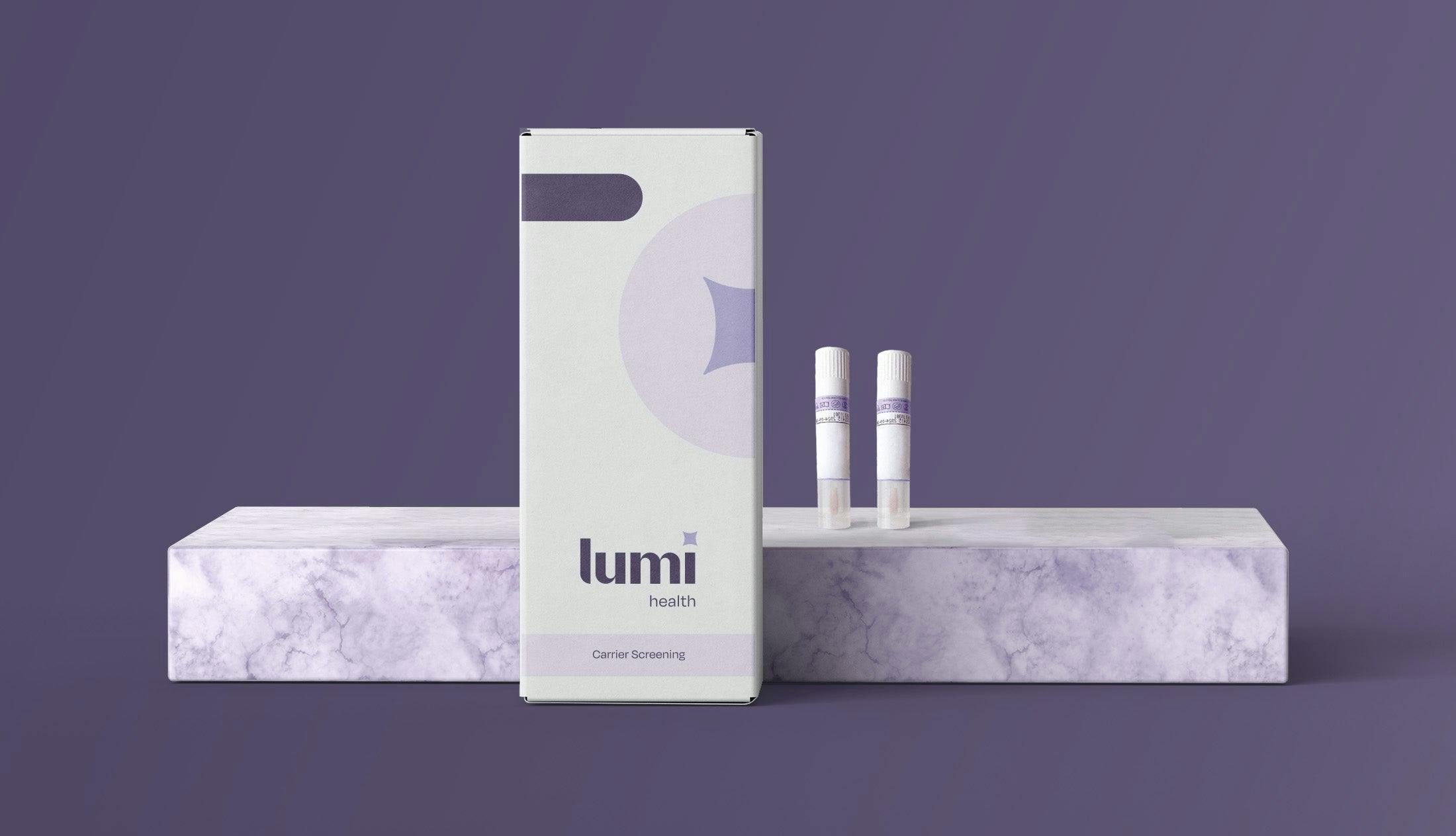How much do you know about your eggs? Rachael's journey

How much do you know about your eggs?
Not the ones in the fridge that we constantly seem to run out of just when you need one, nor am I referring to those delicious chocolate Easter eggs filling our grocery stores once a year. Both of which currently cost a fortune, come to think of it (#costofliving). No, the eggs I’m talking about are the ones that women carry around with them all the time and are essential for getting pregnant.
Before my husband and I began our IVF journey I had never given my eggs a second thought. But once the goal of getting pregnant began to consume my every waking thought, it took centre stage of my Google search history.
Unfortunately, when I was growing up there wasn’t a huge focus on educating girls around women’s health issues. I don’t remember learning much about menstruation in any detail, let alone conditions like endometriosis, and there was certainly nothing about fertility.
We were simply told the basics, that once a month a woman bleeds, an egg drops for a sperm to ‘swim’ to and then we were shown how to use a pad or tampon (no other options back then). Oh and, of course, DON’T. HAVE. SEX. Because the focus was more on how to not get pregnant. We were led to believe that you could get pregnant every time you had sex. Like most girls back then, I had the idea that if you kissed or even held hands with a guy you risked getting pregnant.
I didn’t have any idea what a fertile window was and had never heard words like ‘luteal’.
I hope that this has changed and that now girls are given a lot more information about fertility.
Before we first began trying for a baby, I found a checklist of things to do to help our chances. I ticked off these to-dos enthusiastically because, as a Type A personality, checking off this particular list felt exciting. I felt like I was doing everything I could. After a couple of months of trying without any luck, I spoke to my GP. I know two months isn’t very long but, patience is not one of my virtues, and it felt like something should have happened.
What is AMH and how does this impact fertility?
The GP gave me a referral for a blood test to check my Anti-Mullerian Hormone (AMH). AMH is a hormone secreted by the cells in developing follicles (egg sacs) in the ovaries. It is an indicator of a woman’s ovarian reserve (or egg count) and can act as a guide to women as to how many eggs they have remaining (Cleveland Clinic, 2022).
I say remaining because at birth women already have all their eggs (called oocytes), which is usually around one to two million. At puberty, on average you’ll have 300,000 to 400,000. Throughout life, a woman’s egg levels continue to reduce, but the rate at which they reduce varies. Once a girl goes through puberty, the eggs begin to mature inside the ovaries, with (usually) one egg being released each month for fertilisation by a sperm. Each egg and each sperm contain genetic material that when combined will create a baby, and here is where genetic carrier screening and Lumi comes in.
Other factors such as age can affect the number and quality of eggs which begin to decline in your early 30s, and this accelerates after 35. At menopause, the ovaries stop making hormones and eggs no longer go through the maturation process or are released.
I was told my AMH was low. A lot of women are told that low AMH is directly correlated to how easy it will be for them to get pregnant but that isn’t necessarily true. Knowing your AMH can help guide you on planning for a family, however, a low egg count doesn’t mean you will ‘definitely’ have troubles falling pregnant. It may mean that you will need to factor this into your planning. We were advised that because my AMH was low we shouldn’t wait to begin trying and that, if we wanted multiple kids, we shouldn’t have too long a gap in between pregnancies.
It is important to understand that a woman’s AMH doesn’t relate to egg quality. While a higher AMH suggests more follicles and more eggs, it doesn’t predict egg quality or fertility success.
A high AMH also isn’t always the aim, as in some cases, it can indicate a condition called Polycystic Ovarian Syndrome (PCOS). After I learned about my AMH results, we were advised by a fertility specialist that, if we wanted, they could offer us three months of bulk-billed ovulation tracking. We eagerly took them up on it. I found the process fascinating as they used frequent blood tests throughout my menstrual cycle to pinpoint when I was going to ovulate and when to have sex.
I was in my early 30’s and only now learning when my fertile window was!
It was lucky we did this because we had been trying almost seven days too late.
The longer our fertility journey, the more I searched for what I could do to help increase our chances of success. Later, when we had to turn to IVF for genetic reasons, not fertility reasons, I became even more focused. I learned that getting pregnant with a healthy baby isn’t anywhere near as simple as the sex education teachers in primary school made out.
A common experience for many couples during a fertility journey, especially during IVF, is the loss of surprise and magic. Nothing about falling pregnant is how you might have pictured it. While IVF is incredible and I am so grateful it exists, IVF is clinical and planned out to the nth degree. Your fertility is literally in someone else’s hands. For me, this was very difficult, and I tried to cling to some sense of control through research and gaining knowledge and understanding. As a result, I learnt everything I could about egg and sperm health.
Whilst the number of eggs was important, egg quality was even more important, especially in our case.
I couldn’t increase the number of eggs I had but maybe I could do things to affect the quality. The huge amount of available information often differed on what could assist in improving egg quality. Some strategies were backed by research whereas other advice offered, deep within online forums had limited backing. I felt that, as long as it didn’t seem risky, it was worth a try. Books like It Starts with the Egg by Rebecca Fett became my bible. I had multiple tabs upon tabs open in my search history, often reading and rereading the same piece of information. Gathering data and trying to understand what I could do.
Here are the top five lessons I learned about what we can do to help egg health:
1. The 3 Month Cycle:
Eggs, and sperm, have a three month lifecycle. Whatever an individual does now will influence the health of your eggs or sperm in three months’ time. So, ideally, you need to start making any changes at least three months before conception or the start of fertility treatments in order to improve your egg or sperm quality.
2. Vitamins:
Women need to take a preconception supplement for at least three months prior to conception. The supplement needs to contain folate and iodine to help with development of baby’s spine, brain and nervous system (Health Direct, 2019)(Health Direct, 2020b). Not all supplements are created equal, however. Along with folate and iron, there is research that shows taking CoQ10 can help enhance mitochondrial function which can aid in egg development (Shang et al., 2024). In addition, Vitamin D also plays a role in the quality of eggs and sperm (Várbíró et al., 2022).
3. Phthalates:
Avoid phthalates as these can affect the quality of eggs and sperm by disrupting hormones (Wang & Qian, 2021). Phthalates are a group of chemicals found in a lot of everyday products and packaging. Use glass or stainless-steel containers over plastic where possible. Don’t microwave food or drinks in plastic containers. Avoid processed food. Use phthalates-free personal care, fragrances and cleaning products.
4. Diet:
A Mediterranean diet is the best way to boost your nutrition. It is rich in omega-3 fatty acids, vitamin D, C, E and B complex by eating foods such as fresh fruits, vegetables, fish, nuts, seeds, healthy fats and reducing meats, dairy and processed foods (Shmerling & Shmerling, 2018). While there is more research being done, this Diet may have an impact by reducing inflammation, increasing insulin sensitivity and protecting against oxidative stress and damage.
5. Men's Role in Fertility:
Men can play their part by improving fertility because, after all, they contribute half the baby’s DNA. All of the above applies, plus they can improve the health of their sperm by not having hot spas/saunas, wearing looser clothing which relates to lowering the temperature of a man’s testicles (Health Direct, 2020a), and surprisingly, not riding a bike for long periods of time. Avoid alcohol, join your partner in eating a Mediterranean diet, avoiding phthalates and taking good supplements (Cleveland Clinic, 2024).
Key Takeaways
Eggs (and sperm) are incredible, and literally have the capacity to create new life, a new little human. Some people take their capacity to become pregnant for granted, that getting pregnant will just happen naturally, and it can for some. But those who have had fertility issues understand that there is so much more to fertility and success in being able to have a longed-for child.
References:
Cleveland Clinic. (2022, July 4). Anti-Mullerian Hormone (AMH) Test: Purpose, Levels & Results. Cleveland Clinic. https://my.clevelandclinic.org/health/diagnostics/22681-anti-mullerian-hormone-test
Cleveland Clinic. (2024, January 25). Male Infertility: Causes & Treatment. Cleveland Clinic. https://my.clevelandclinic.org/health/diseases/17201-male-infertility#management-and-treatment
Health Direct. (2020a, July 15). Sperm health. Www.pregnancybirthbaby.org.au. https://www.pregnancybirthbaby.org.au/sperm-health
Health Direct. (2020b, September 30). Iodine. Www.healthdirect.gov.au. https://www.healthdirect.gov.au/iodine
Health Direct. (2019, January 28). Folate. Healthdirect.gov.au; Healthdirect Australia. https://www.healthdirect.gov.au/folate
Johnston, M., Fuscaldo, G., Sutton, E., Hunt, S., Zander-Fox, D., Rombauts, L., & Mills, C. (2024). Storage trends, usage and disposition outcomes following egg freezing. Reproductive Biomedicine Online, 48(4), 103728. https://doi.org/10.1016/j.rbmo.2023.103728
Mayo Clinic. (2022, May 13). Healthy sperm: Improving your fertility. Mayo Clinic. https://www.mayoclinic.org/healthy-lifestyle/getting-pregnant/in-depth/fertility/art-20047584
Shang, Y., Song, N., He, R., & Wu, M. (2024). Antioxidants and Fertility in Women with Ovarian Aging: A Systematic Review and Meta-Analysis. Advances in Nutrition, 15(8), 100273. https://doi.org/10.1016/j.advnut.2024.100273
Shmerling, R. H., & Shmerling, A. (2018, May 31). Fertility and diet: Is there a connection? Harvard Health Blog. https://www.health.harvard.edu/blog/fertility-and-diet-is-there-a-connection-2018053113949
Várbíró, S., Takács, I., Tűű, L., Nas, K., Sziva, R. E., Hetthéssy, J. R., & Török, M. (2022). Effects of Vitamin D on Fertility, Pregnancy and Polycystic Ovary Syndrome-A Review. Nutrients, 14(8), 1649. https://doi.org/10.3390/nu14081649
Wang, Y., & Qian, H. (2021). Phthalates and Their Impacts on Human Health. Healthcare, 9(5), 603. National Library of Medicine. https://doi.org/10.3390/healthcare9050603





